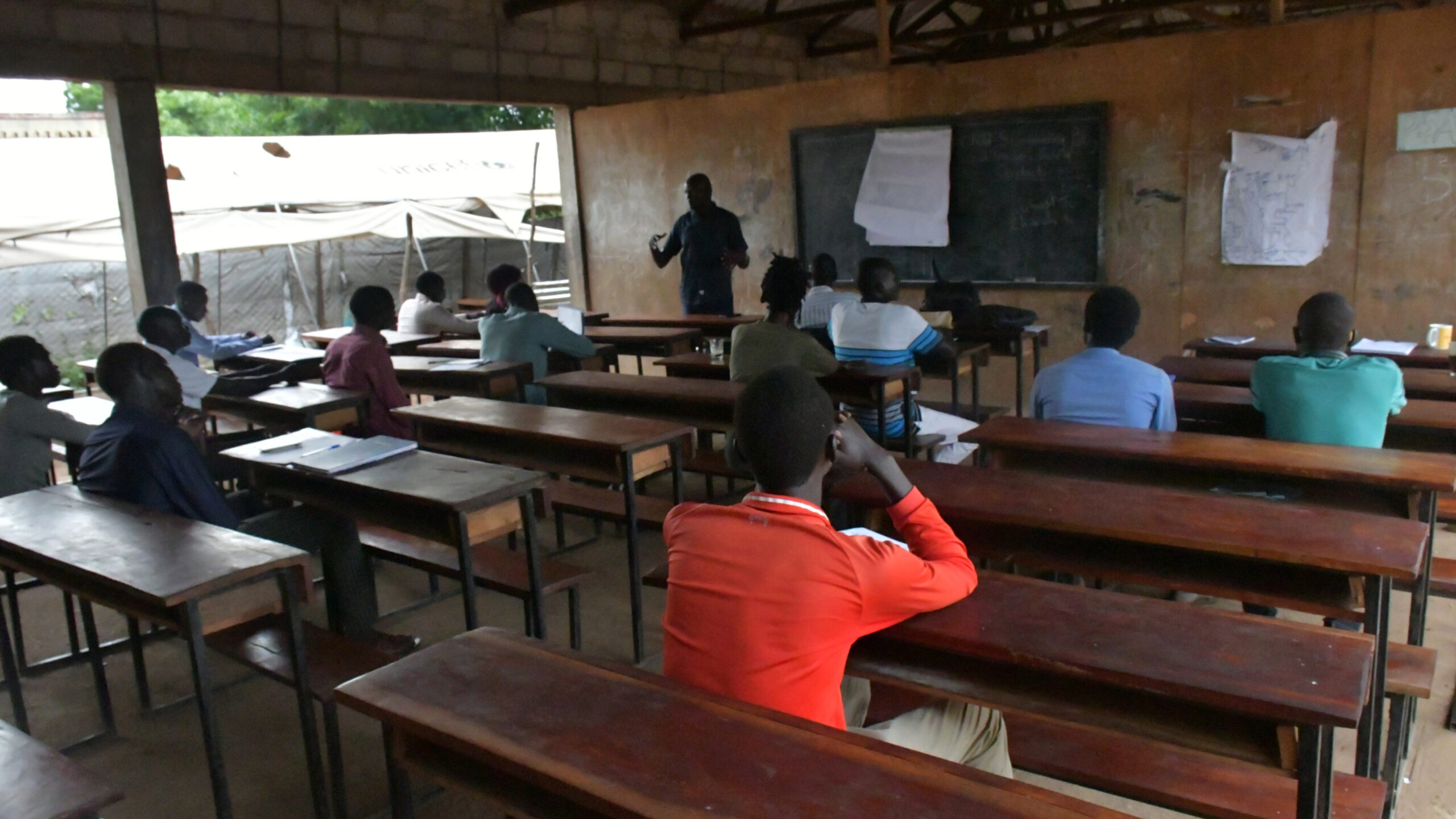
On January 24th, the United Nations proclaimed International Day of Education which is a day of reflection and celebration of the impact education and schooling has on communities worldwide – more specifically, it focuses on education and its power to bring peace and stability to nations of all demographics, locations and cultures.
Sadly, for marginalized groups in the countries where we work, education is often inaccessible.
Today, 250 million children and youth are out of school, and 763 million adults are illiterate across the globe. Not only does this highlight huge inequality but education isn’t just about building a strong and skilled workforce – it’s also linked to community development and peacebuilding.
What we are seeing in Ireland and elsewhere in Europe is a growing rise in populism founded on hate, racism and discrimination. These behaviours are learnt, often fuelled my misinformation and ignorance, but these attitudes can be unlearned.
This year, the theme for #EducationDay is ‘learning for lasting peace’ and as the UN suggests: “Learning for peace must be transformative, and help empower learners with the necessary knowledge, values, attitudes and skills and behaviours to become agents of peace in their communities”.
In South Sudan, the need for education couldn’t be more dire. One of the youngest countries in the world, its history is of civil war and conflict and over that time an estimated 7 million people require humanitarian assistance and over two million have fled to neighbouring countries as refugees.
2020 saw South Sudanese President Salva Kiir swore in opposition leader former rebel leader Riek Machar as first vice-president and with it came hope for building a peaceful and stable country in unity. If such peace is to survive, education and peacebuilding will be key as well as development for those on the margins.
Teachers play a significant role in building that peace as well as local development in the future but the reality for teachers in South Sudan is one of struggle.
In Ireland, teachers are respected members of our communities who are more than just educators but are confidence builders and often major influencers on the lives of children from engagement in sport, drama, school clubs and other extra-curricular activities.
Despite all that, teachers in South Sudan experience delayed payments of low wages, they are often overstretched and are called away from teaching to complete admin work.
The life of a teacher is a constant up-hill battle, but it shouldn’t be this way.
At IJI, by partnering with the Jesuit Refugee Service (JRS), we work to support marginalised communities by addressing the hardship of teachers and supporting teacher training and development which can create not just quality instruction but teachers that can create inclusive and peaceful environments where children feel safe to learn, reflect on their experiences, and nurture their potential.
Adam, an Internally Displaced person (IDP), is based in Maban, one of the largest refugee settlements in South Sudan. The need for education there couldn’t be more desperate and by teacher training, Adam is working to build a life for himself as well as addressing the huge education gap in the region.
To help us back budding teachers, like Adam, click the link below to make a donation and support us in providing quality teacher training in marginalized communities.


